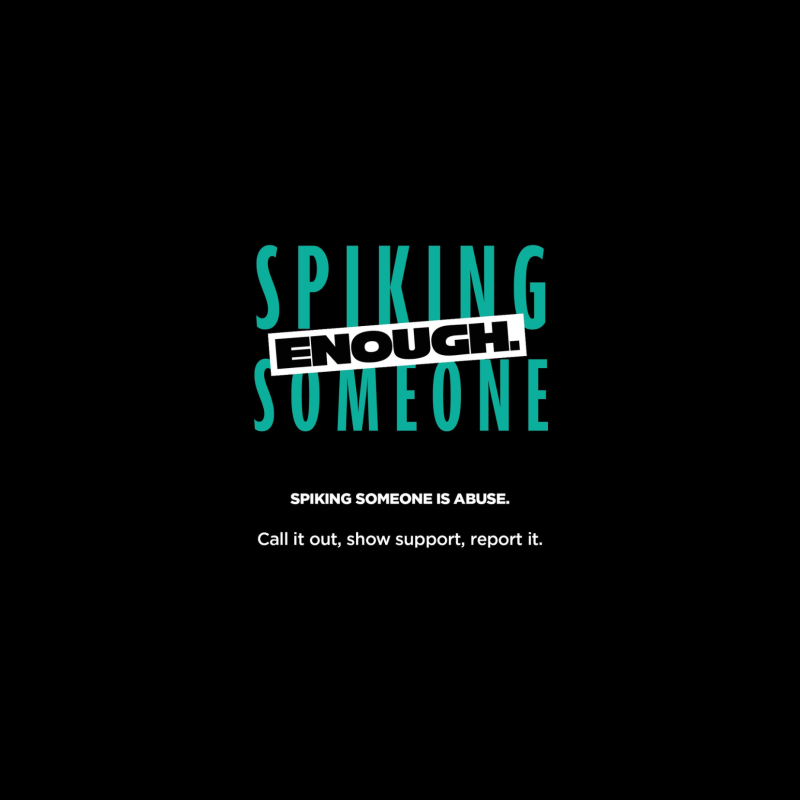Staffordshire Police officers across Staffordshire will be raising awareness of drink-spiking and the work we do to support victims, as part of a national campaign to help people stay safe on a night out.
Spiking Awareness Week runs from Monday 18 March until Sunday 24 March.
Throughout the week local policing teams (LPTs) will be working with businesses in the county and offering reassurance to members of the public. This will include encouraging victims to get tested if they think they have been spiked.
Officers will also be joining forces with the Partnership Against Business Crime in Staffordshire (PABCIS) to provide training to venue staff. This will focus on the signs of spiking and how they can help prevent such offences.
The common signs of spiking are unconsciousness, nausea and vomiting, memory loss, loss of inhibitions, difficulty speaking, blurred vision, breathing difficulties, confusion, or feeling sleepy.
Inspector Karen Cooke, Moorlands LPT deputy commander, said:
“We will not tolerate drink spiking and those who are going out intending to behave in this way will be found and stopped.
“Quickness is key because some drugs used to spike drinks can leave a victim’s system in as little as four hours. Therefore, reporting incidents as soon as possible will help us gather the best evidence. We want victims to have the confidence to come forward.
“Our aim is to also ensure that venues are appropriately trained so that spiking is spotted and dealt with; and that victims are referred to the correct agency.
“If someone thinks they may have been sexually assaulted as a result of spiking, they can go to their nearest sexual assault referral centre (SARC) for specialist care and support if they are not ready to speak to police. Evidence will be saved for when they feel ready to report the incident to us.”
Drink-spiking advice:
- Throw your drink away if you think it tastes strange or different
- If you think you have been spiked stay calm and don’t drink anymore. Tell venue staff and don’t leave with anyone you don’t know and trust. Also seek medical help.
- If you think you, or someone you know, are a victim of spiking, call 999 or contact us through Live Chat on our website. You can also report anonymously via Crimestoppers on 0800 555 111.
